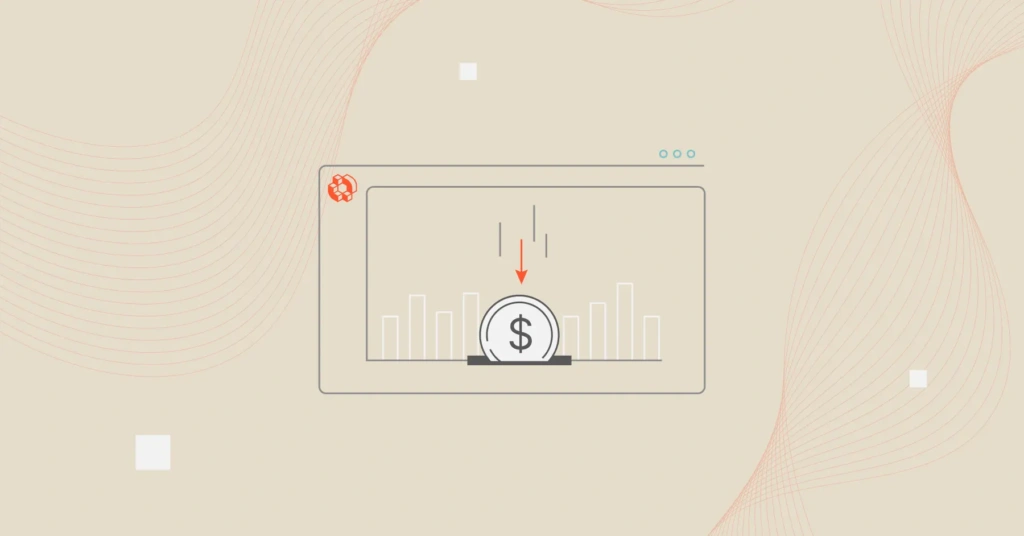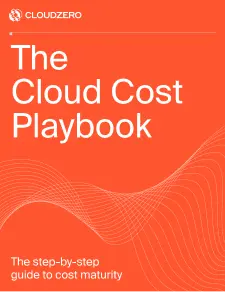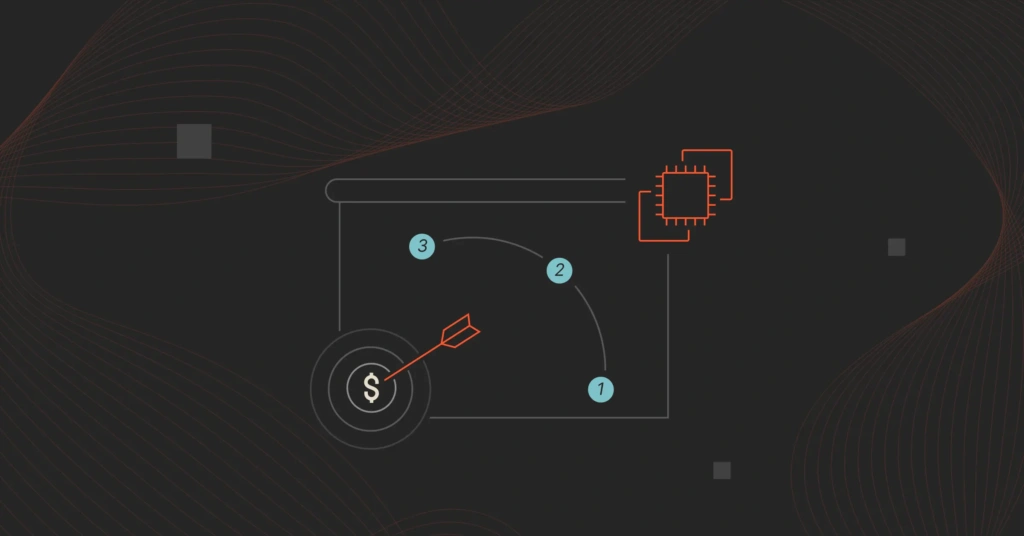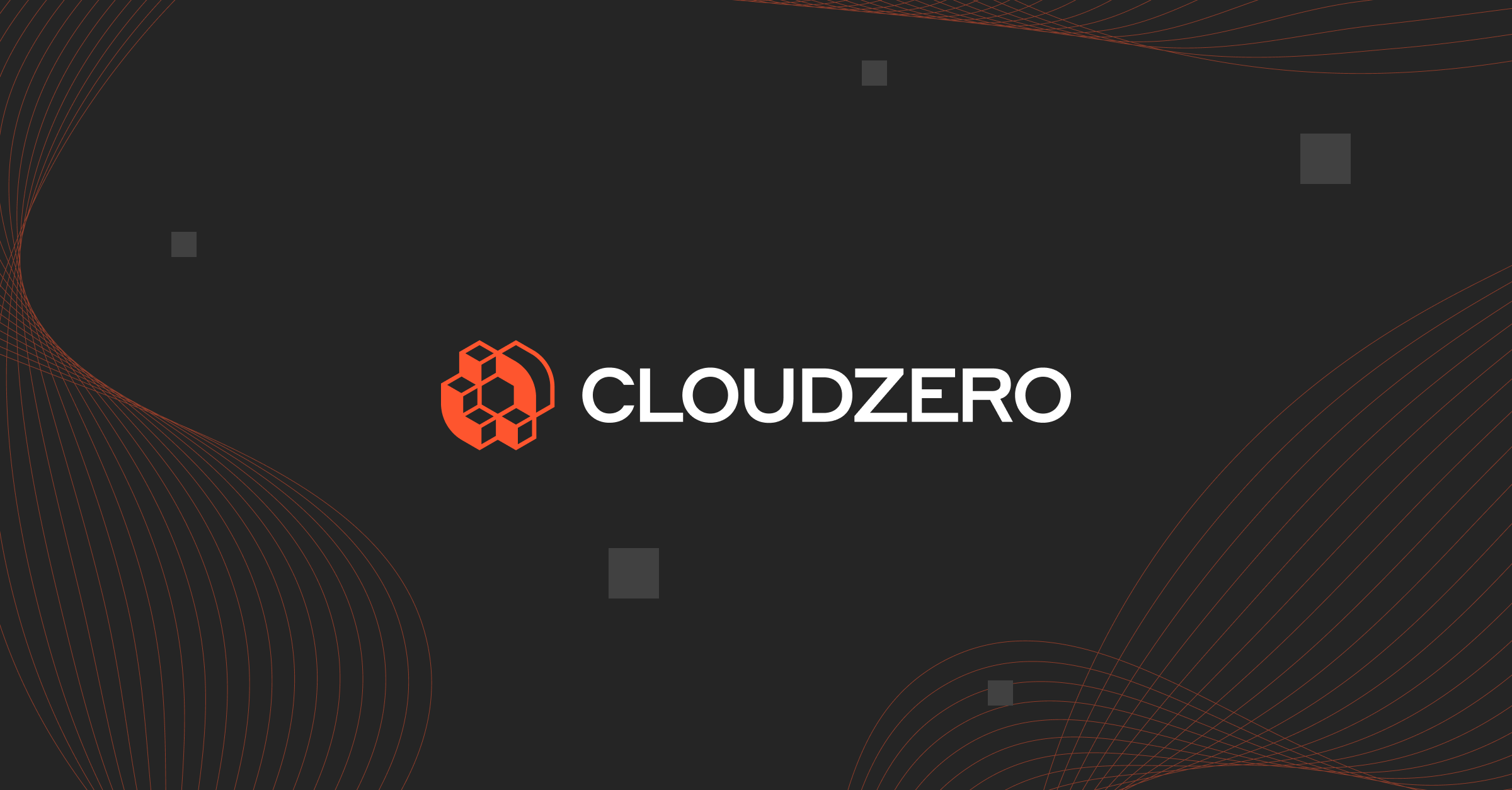The internet is the lifeblood of our modern world. With over 5.4 billion users globally, it connects us to friends, family, information, and opportunities. But what if the internet suddenly disappeared? What would be the cost of shutting down the internet?
Internet outages, while thankfully rare, can have devastating consequences. To highlight these, we’ve delved deep into the economic impact of internet disruptions, analyzing real-world cost data to reveal just how staggering the effects can be.
Our research examines the impact on countries and businesses across the globe, revealing which would suffer the biggest consequences from the internet shutting down for a day.
Countries That Would Feel The Biggest Economic Impact From An Internet Outage
| Rank | Country | The Cost Of A 1-Hour Outage | The Cost Of A 5-Hour Outage | The Cost Of A 10-Hour Outage | The Cost Of A 24-Hour Outage |
| 1 | United States | $458,941,744 | $2,294,708,721 | $4,589,417,441 | $11,014,601,859 |
| 2 | China | $412,377,636 | $2,061,888,182 | $4,123,776,364 | $9,897,063,274 |
| 3 | United Kingdom | $136,297,189 | $681,485,943 | $1,362,971,886 | $3,271,132,526 |
| 4 | Japan | $113,103,229 | $565,516,147 | $1,131,032,294 | $2,714,477,506 |
| 5 | Germany | $62,455,927 | $312,279,633 | $624,559,266 | $1,498,942,239 |
| 6 | India | $59,626,768 | $298,133,840 | $596,267,681 | $1,431,042,434 |
| 7 | South Korea | $52,951,113 | $264,755,567 | $529,511,134 | $1,270,826,722 |
| 8 | France | $36,303,189 | $181,515,945 | $363,031,889 | $871,276,534 |
| 9 | Italy | $26,802,166 | $134,010,832 | $268,021,665 | $643,251,995 |
| 10 | Canada | $24,025,465 | $120,127,327 | $240,254,654 | $576,611,171 |
| 11 | Spain | $23,656,446 | $118,282,231 | $236,564,462 | $567,754,710 |
| 12 | Australia | $19,989,646 | $99,948,229 | $199,896,457 | $479,751,497 |
| 13 | Mexico | $18,347,847 | $91,739,237 | $183,478,474 | $440,348,339 |
| 14 | Netherlands | $17,195,487 | $85,977,434 | $171,954,869 | $412,691,685 |
| 15 | Switzerland | $14,336,237 | $71,681,187 | $143,362,374 | $344,069,698 |
| 16 | Brazil | $14,075,264 | $70,376,321 | $140,752,643 | $337,806,343 |
| 17 | Poland | $11,227,543 | $56,137,714 | $112,275,428 | $269,461,026 |
| 18 | Saudi Arabia | $10,799,718 | $53,998,589 | $107,997,178 | $259,193,227 |
| 19 | Thailand | $10,670,248 | $53,351,240 | $106,702,480 | $256,085,953 |
| 20 | Sweden | $10,489,130 | $52,445,652 | $104,891,305 | $251,739,132 |
1. United States
The United States stands out as the nation most vulnerable to economic devastation from an internet outage. With a massive 90.9% of its population relying on the internet, the country is deeply integrated into the online world. This dependence translates into a hefty price tag for disruptions.
A single hour of internet shutdown in the U.S. would cost a gut-wrenching $458,941,744. That’s nearly double the cost Sweden would face for a whole day without internet access ($251,739,132).
A full 24-hour internet blackout in the U.S. could result in a staggering $11,014,601,859 loss.
This huge sum highlights the critical role the internet plays in everything, from facilitating e-commerce and online transactions to powering communication and productivity across countless industries. The sheer volume of economic activity reliant on the Internet makes the U.S. particularly susceptible to the financial fallout of an outage.
2. China
China, although home to fewer internet users compared to the U.S. (70.4% of the population), would still face substantial economic losses in the event of an internet outage. China has a much larger population than the U.S. (1.4 billion versus just under 340 million in the U.S.), so 70.4% of the population translates to a mind-blowing 1,003,672,632 internet users.
This huge number of people relying on the internet, coupled with the country’s booming digital economy, means an internet shutdown of just one hour would inflict a cost of $412,377,636.
Even worse, a full 24-hour internet outage in China would result in a loss of $9,897,063,274. These figures expose China’s vulnerability to internet disruptions and the critical role the internet plays in its economic development.
3. United Kingdom
With 94.8% of the UK’s population online — more than even the U.S. — the UK demonstrates a high level of reliance on the internet. This means an outage would be deeply disruptive, impacting businesses and individuals.
An internet shutdown of just one hour would cost the UK a substantial $136,297,189, and a full day would bring losses to a hefty $3,271,132,526. That’s significantly lower than the U.S. and China, however, it’s still a huge amount relative to the UK’s smaller overall economy.
Companies That Would Feel The Biggest Economic Impact From An Internet Outage
The ripple effects of internet outages can be particularly devastating for companies that thrive online. We investigated the revenue of the world’s largest internet companies to find out which would feel the biggest economic impact if the internet went down for a period of time.
| Rank | Internet Company | Annual Revenue | The Cost Of A 1-Minute Outage | The Cost Of A 1-Hour Outage | The Cost Of A 24-Hour Outage |
| 1 | Amazon | $574,780,000,000 | $1,093,569 | $65,614,155 | $1,574,739,726 |
| 2 | Alphabet (Google) | $307,390,000,000 | $584,836 | $35,090,183 | $842,164,384 |
| 3 | Jingdong Mall | $152,940,000,000 | $290,982 | $17,458,904 | $419,013,699 |
| 4 | Meta Platforms (Facebook) | $142,710,000,000 | $271,518 | $16,291,096 | $390,986,301 |
| 5 | Alibaba | $130,800,000,000 | $248,858 | $14,931,507 | $358,356,164 |
| 6 | Tencent | $85,000,000,000 | $161,720 | $9,703,196 | $232,876,712 |
| 7 | Meituan | $37,290,000,000 | $70,947 | $4,256,849 | $102,164,384 |
| 8 | Uber | $37,280,000,000 | $70,928 | $4,255,708 | $102,136,986 |
| 9 | Netflix | $34,930,000,000 | $66,457 | $3,987,443 | $95,698,630 |
| 10 | Pinduoduo | $34,870,000,000 | $66,343 | $3,980,594 | $95,534,247 |
| 11 | PayPal | $29,770,000,000 | $56,640 | $3,398,402 | $81,561,644 |
| 12 | DiDi | $24,550,000,000 | $46,709 | $2,802,511 | $67,260,274 |
| 13 | Coupang | $24,380,000,000 | $46,385 | $2,783,105 | $66,794,521 |
| 14 | Booking Holdings (Booking.com) | $21,360,000,000 | $40,639 | $2,438,356 | $58,520,548 |
| 15 | Baidu | $18,980,000,000 | $36,111 | $2,166,667 | $52,000,000 |
| 16 | Kuaishou Technology | $16,000,000,000 | $30,441 | $1,826,484 | $43,835,616 |
| 17 | Vipshop | $15,930,000,000 | $30,308 | $1,818,493 | $43,643,836 |
| 18 | Spotify | $14,980,000,000 | $28,501 | $1,710,046 | $41,041,096 |
| 19 | Rakuten | $14,580,000,000 | $27,740 | $1,664,384 | $39,945,205 |
| 20 | MercadoLibre | $14,470,000,000 | $27,530 | $1,651,826 | $39,643,836 |
1. Amazon
When it comes to the cost of shutting down the internet, the stakes are especially high for e-commerce giants like Amazon. As one of the world’s largest companies, boasting a mind-blowing annual revenue of $574.8 billion (that’s $267 billion more than its nearest competitor, Alphabet), Amazon thrives in a constantly connected world.
While a single minute of downtime might cost only $1,093,569 — a seemingly small sum compared to their massive revenue — it’s important to remember that these minutes add up quickly. An hour of internet disruption would rack up a cost of $65,614,155, a substantial blow. But the most concerning scenario is a full 24-hour outage, which could lead to an estimated loss of a staggering $1,574,739,726.
From processing online orders and managing inventory to facilitating communication and customer service, every aspect of Amazon relies on a seamless internet connection.
Even a short outage can disrupt these intricate processes, leading to lost sales, frustrated customers, and a significant dent in Amazon’s bottom line.
2. Alphabet
While Amazon may face the brunt of internet outages, Alphabet, the parent company of Google, isn’t far behind. Clocking in at $307.4 billion in annual revenue, Alphabet still stands as a massive internet player, and outages would bring significant financial troubles.
For Alphabet, even a single minute of internet disruption carries a hefty price tag of $584,836. Increase that to an hour of outage, and the losses quickly balloon to $35,090,183. A full 24-hour internet blackout paints an even bleaker picture, with potential losses reaching a staggering $842,164,384.
These numbers underline Alphabet’s heavy reliance on the internet, not just for user-facing services like Google Search and YouTube, but also for its cloud computing platform, Google Cloud, which serves countless businesses.
3. Jingdong Mall
China’s tech titan, Jingdong, would also be significantly impacted by an internet outage. As the largest tech company in China by revenue, bringing in a substantial $152.9 billion annually, Jingdong Mall thrives on a seamless internet connection, similar to e-commerce giant Amazon.
With a minute of internet outage resulting in a loss of $290,982 for Jindong, that means $17,458,904 lost over an hour and $419,013,699 lost over an entire day.
How To Reduce Business Costs By Managing Cloud Spend
The cloud offers online businesses incredible flexibility and scalability, but those benefits can come at a cost if not managed correctly.
According to our recent report on the State Of Cloud Cost In 2024, 58% of businesses report cloud costs that are too high. This high cost can leave businesses vulnerable in the face of unexpected disruptions — like the internet outages discussed above.
By following these key tips, you can manage your cloud spending effectively and ensure your business stays connected and thriving, even in the face of challenges.
1. Optimize your resources
Regularly assess your cloud usage and identify idle or underutilized resources. You can then right-size your instances to more appropriate configurations or shut down unused resources entirely. This can lead to significant cost savings over time.
2. Utilize Automation
Automation involves taking a manual task and making it automatic with little to no need for manual intervention. It can play a crucial role in optimizing your cloud spend, allowing you to save time in multiple areas of the business.
For example, you can use automation to provide cost alerts, monitor resource utilization, and identify security vulnerabilities.
3. Track and allocate all costs
Best practice calls for 100% cloud cost allocation at all times, however, our recent report found that 78% of companies still have less than 75% of their cloud spend allocated.
It’s vital to closely monitor your cloud spending and understand where that spend is going. This provides detailed insights into your resource usage and spending patterns, allowing you to identify areas for optimization and make informed decisions about your cloud strategy.
4. Embrace cloud cost intellegnece
Just like a financial advisor optimizes your personal finances, cloud cost intelligence empowers you to do the same for your cloud spending. It goes beyond simple cost tracking, providing deep insights into how and why resources are used, along with their impact on your bottom line. This translates to significant cost reductions.
Cloud cost intelligence provides 100% cost allocation without the need for tagging, as well as a huge range of other benefits like real-time data and trends, and a better understanding of how different customers affect your cloud spend.
When it comes to cloud cost intelligence, there’s one solution that stands out from the crowd: CloudZero. CloudZero offers unmatched speed and accuracy in cost allocation, along with a comprehensive suite of features designed to empower you to take complete control of your cloud spending.
From real-time anomaly detection to expert FinOps guidance, CloudZero delivers everything you need to optimize your cloud investment and ensure your business thrives in an ever-connected world.
Methodology
To find out the cost of shutting down the internet for countries around the world, we began with a seed list of 47 of the world’s most connected countries, then used NetBlocks alongside formulas to calculate how this would impact costs across different timeframes.
To find out the cost of shutting down the internet for different companies, we created a seed list of the 20 largest internet companies by revenue, then used a formula to calculate how different periods of internet shutdown would affect revenue.
All figures are correct as of May 1, 2024.






